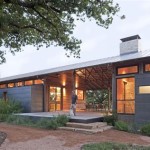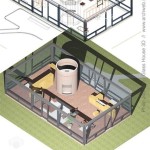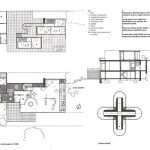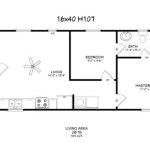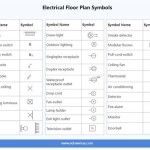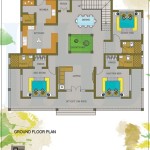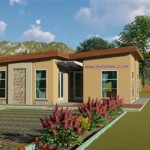Container House Plan: Essential Aspects to Consider
Container houses, constructed from repurposed shipping containers, have gained popularity due to their affordability, sustainability, and unique architectural aesthetics. However, designing a container house requires careful planning to ensure functionality, comfort, and durability. Here are some essential aspects to consider when creating a container house plan:
Site Selection and Foundation
Choosing an appropriate site is crucial for drainage, sunlight exposure, and views. The foundation is equally important, as it supports the entire structure. Options include concrete slabs, piers, or piling foundations, depending on the soil conditions and topography.
Layout and Design
The layout should optimize space and create a cohesive living environment. Consider the number of rooms, their size, and the flow between them. Factors to consider include windows for natural light and ventilation, insulation to regulate temperature, and openings for electrical and plumbing.
Materials and Insulation
Shipping containers are typically made of Corten steel, which is resistant to corrosion. However, additional insulation is essential to regulate indoor temperature and reduce noise. Insulation options include spray foam, fiberglass batts, or cellulose. The exterior cladding can be customized with paint, wood panels, or metal sheets for aesthetic appeal.
Windows and Doors
Windows and doors provide natural light, ventilation, and access. The type and size of windows depend on the desired level of openness and privacy. Doors can be sliding, hinged, or commercial-grade for heavy-duty use.
Plumbing and Electrical
Plumbing and electrical systems are vital for a habitable container house. Plan for plumbing fixtures, pipes, and water heaters as well as electrical wiring, outlets, and lighting fixtures. The systems should meet building codes and be installed by qualified professionals.
Ventilation and HVAC
Proper ventilation is essential to prevent moisture buildup, mold, and air quality issues. Ventilation systems can include exhaust fans, windows, skylights, or mechanical ventilation systems. Heating and cooling may be provided by traditional HVAC units, electric heaters, or passive solar designs.
Fire Safety
Fire safety is paramount in any building. Container houses require fire-rated insulation, fire-resistant materials, and fire suppression systems. Fire alarms and smoke detectors should be installed for early detection and evacuation.
Cost Considerations
Cost is a significant factor in any building project. The cost of a container house plan can vary depending on factors such as the number of containers, materials, labor, and finishes. It's essential to budget for every aspect of the project, including design fees, permits, construction, and ongoing maintenance.
By considering these essential aspects, you can create a container house plan that meets your functional, aesthetic, and environmental needs. With careful planning and execution, a container house can be a sustainable, affordable, and unique living space.

9 Container Home Floor Plans That Maximize Space House

Container Home Floor Plans Types Examples Considerations Cedreo

Container Home Floor Plans Structures Layouts More Ideas

Container House Plans Making A Home In Living Designs

Container Home Floor Plans Types Examples Considerations Cedreo

Container House Plans Home

40 Foot Container Containers Home Construction Plan House Plans Homes Accessory Dwelling Unit

Custom Florida House Plans Container Home Mangrove Bay Design Lighting Studio

Container Home Plans Cmg Containers

40ft Container Home Plans Building A Sustainable Future

